The novel The Magic Hill, by the German writer Thomas Mann, is one of those novels that you always come back to. One text about this part cannot cover all the topics covered in it. Death and disease, time, that is, the disturbance of time, freedom, the relationship between pessimism and optimism… above all, the Freudian ideas characteristic of that time run through the entire book. A complex story, the story of one, nothing special, even quite ordinary man. One such man, whose name is Hans Castrop, becomes part of the Berghof International Sanatorium, located at the top of Man's Magic Hill.
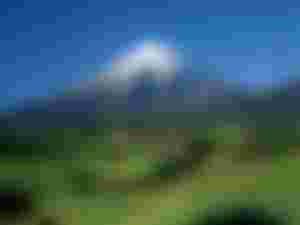
His visit to a cousin, who is in Berghovo, will completely change his life. Educated to be an engineer, he had a planned future and a job. However, the magic of one place will distract him from all that, and he will, as a being without any particularly strong character, indulge in all that. What greeted him upon his arrival was the claim of his cousin that the weather looks completely different when you are in one such place. There are no hours, days, weeks, years. For three weeks, this sanatorium looks like one day for its residents. Time is measured at that place with therapies, body temperature measurements, visits to the doctor. Even the thoughts of Hans Castrop, who becomes one of the inhabitants of this institution, are timeless, abstract, unrelated to the present moment. He deals with philosophical topics, anatomy, astronomy… time in this novel is timeless - the past, present and future do not exist, there is no moment, it is all intertwined. There is no clear connection with the present moment. So how do we escape from a place that protects us from transience, from the outside world, from everything except diseases? In the vicious circle of time, illness, thoughts about death, about the very end of life, are clearly expressed. Hans Castrop stays at the Berghof for as long as seven years, which will pass for him as one summer. And that one summer will cost him at the end of his life.

He meets other patients, Dr. Krokowski and manager Behrens, and even falls in love with a young lady, the Russian Klavdija Shosha, to whom, after a long hesitation and embarrassment, he manages to express his love.

Death and disease are dominant in the Berghof. Its inhabitants are completely obsessed with these topics. The disease is at every step, in every room, in the head of every man. Upon his arrival in Berghof, Hans Kanstrop was faced with death. The room in which he was supposed to spend three weeks, and in which he eventually stayed for seven years, belonged to a woman who died the same day he came. The room smelled of death, and left a serious impression on the young man. Frightened by her proximity, the nearness of death, Hans decides to leave this place quickly. However, the magical threads woven to capture him in that place are intertwined around his soul, his body, his mind. He indulges in a circle of illness, a fog that envelops his mind and does not count on the time he spends in his leisure time in the sanatorium. As a drunk, he surrenders to the state in which he finds himself. And as he desperately wanted such a state of mind and soul to be maintained, he rejected all impressions that could alleviate such a state so that everything would remain as it is. The weather itself, fog, cold with very little sunlight helped the mental state of the inhabitants of Berghof. And how the employees of the sanatorium did it! It was generally known that "light" patients were less valued than "heavy" ones.

They were unimportant and this was made clear to them. The disease of the whole epoch is contained in the novel by Thomas Mann, the disease of Europe, of that time. Isolated from everything, from the plain, at the top of that hill the inhabitants of Berghof were completely different from the rest of the world. Returning to a normal environment meant hell to them, so they often, disappointed by the misunderstanding of the people from the plains, returned to Berghof to end their lives there. The isolation of Europe before the beginning of the First World War (the plot of the novel takes place in that time period), the obsession with death, and even the war itself led Thomas Mann to present all this in his own way in this classic of world literature. Death as an end, death as an idea does not have to be destructive in every sense. The writer himself characterized this novel as close to life, even though he knows death. It is as if by knowing death itself we are approaching life, as if only then by knowing death itself can we realize the value of life itself. However, I can't do without each other.

What disturbs the peaceful everyday life of the main character is the appearance of two unusual characters, who are also residents of the sanatorium. Diametrically opposed personalities, Lodovico Setembrini and Leo Nafta are like two sides of the same coin. Setembrini is an incorrigible humanist, who believes in humanity and tries to make everything he does a good for its development. September celebrates life, a healthy life, a life lived with full lungs, full of spirit. He is not afraid of death, but believes that it is an integral part of life, that it should be accepted as a cycle through which energy is renewed, as a rebirth. Death should be accepted, but it should not be "sympathized with." Setembrini is constantly trying to persuade Hans Castorp to leave the sanatorium. He sees from the beginning that Castorp was manipulated by the nature of Berghof, and that his illness is a consequence of that. His humanistic ideas seduce the young engineer, fill him with some spiritual energy, which only such a man can carry in himself. On the other hand, Nafta is a very dark, pessimistic Jesuit. As such, he does not believe in man and his progress.

His Jesuit education somewhat determines his personality. For him, illness is a gift, because the body is mortal and unnecessary to man. According to him, a person realizes the true nature of things only when he is ill. Approaching nature, healthy living for him is against humanity, because the only difference between man and nature is that man has a spirit. And the sicker the spirit, the more it makes a man. According to Nafta, people whose understanding of existence is based on a healthy and long-lived life are part of the petty bourgeoisie, and their existence is absolutely irrelevant, and even undesirable for the development of man as an individual, and the world in general.

These two characters played with the head of the young Hans Castorp, had heated arguments and influenced the unformed personality and unstable spirit of an ordinary man. The parts of the book in which they appear are brilliant, absolutely philosophical, and of inestimable value for understanding the diametrically opposed ways of thinking that prevailed in Europe just before the First World War.
The magical shore, in a magical way, draws the reader into its sickly magical world. As I have already said, this is a novel to which I always return, both me and many who have once stepped into that world. Thomas Mann, a genius writer, knows the right way to tell a story that will never leave anyone indifferent. A story about life, a story about death, a story about love, about ordinary and unusual people. About poverty of spirit, about illness, about happiness, sorrow, about an entire epoch… Life and death as one dance under the eye of the reader, in one special place… The Magic Hill…
Think, the hill is insanely magical today… (Goethe, Faust)
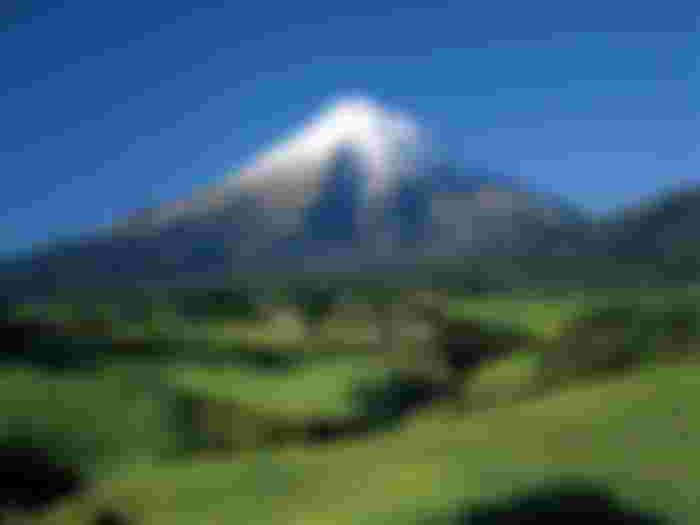

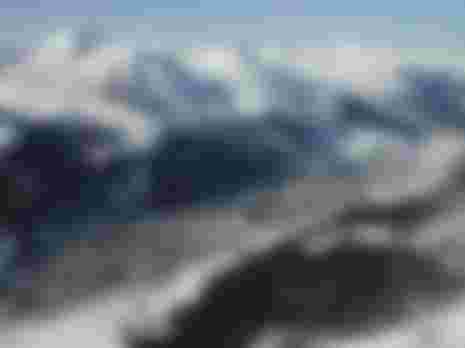
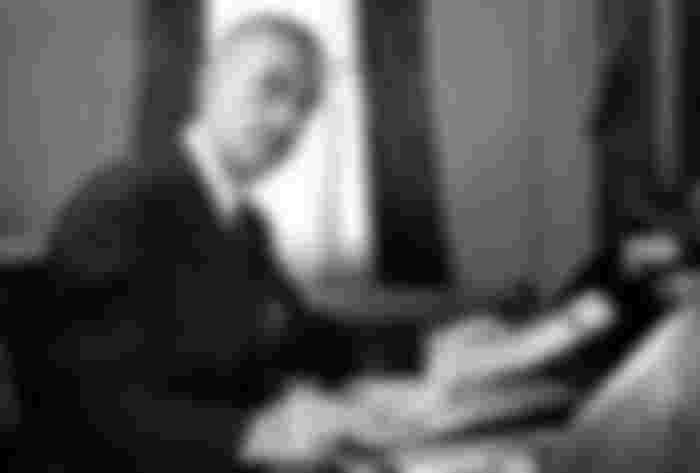

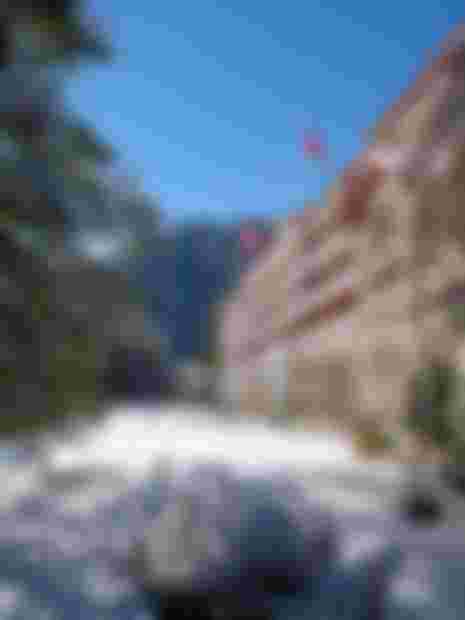

Božanstveno, sve je kao magija!